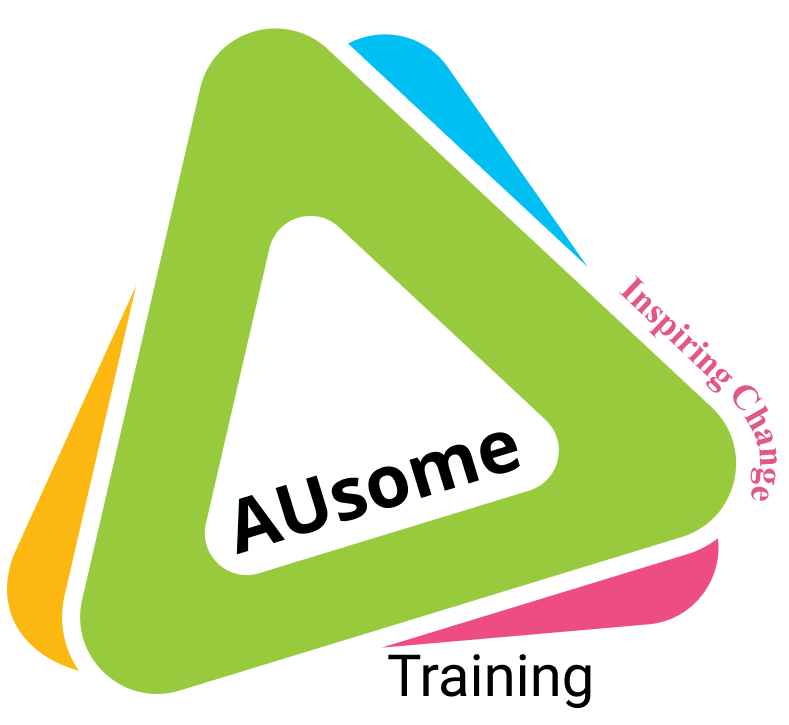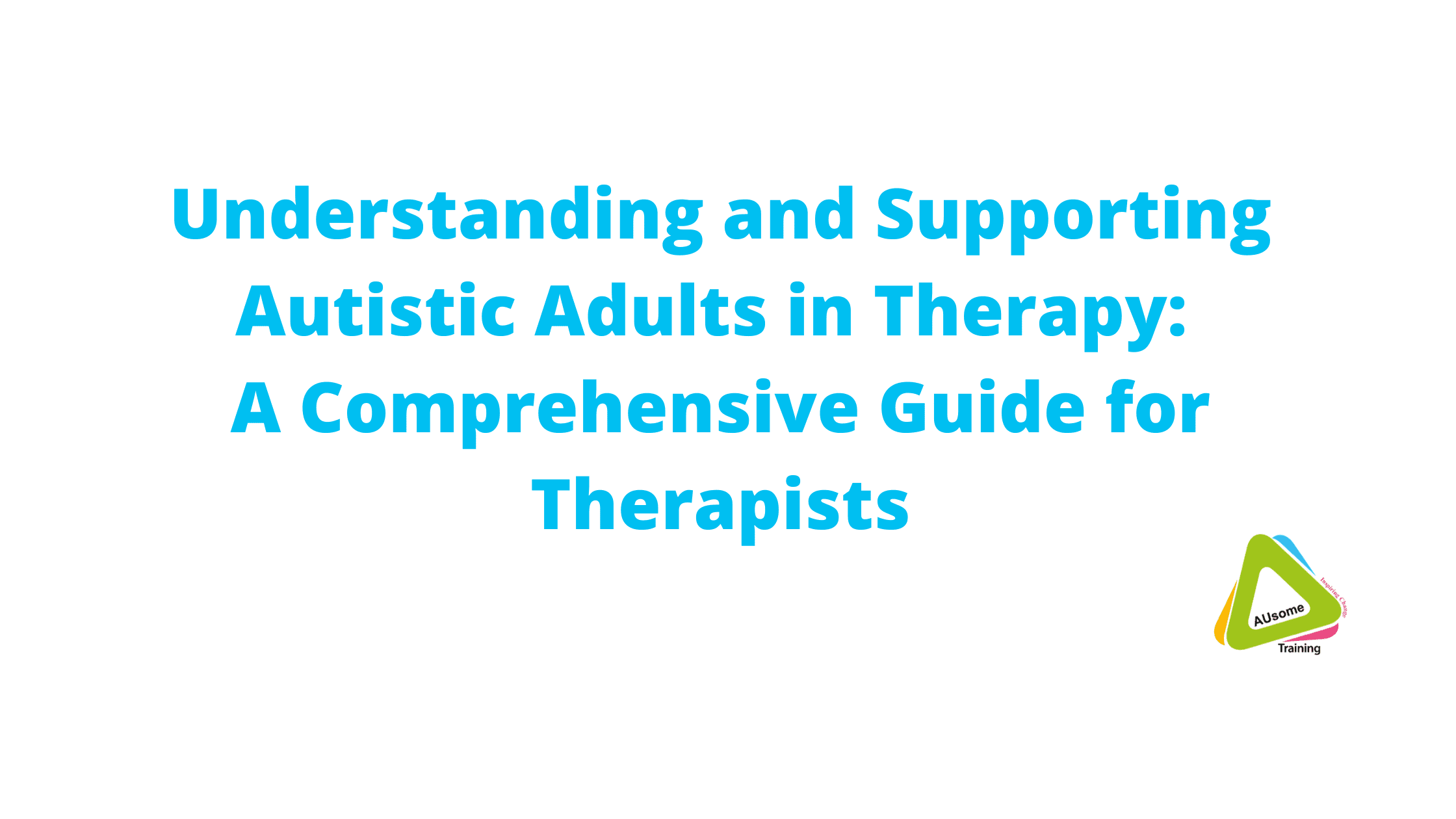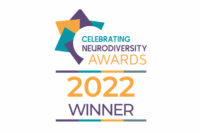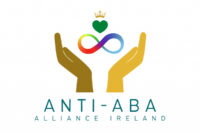Therapists providing support to adults facing various challenges, such as anxiety, relationship issues, abuse, addiction, depression, health concerns, low self-esteem, self-harm, and suicidal ideation, often encounter clients with diverse needs and experiences. However, what they may not realise is that many of these clients could be Autistic. Understanding and effectively supporting Autistic adults in therapy require specialised knowledge and skills. This guide aims to educate therapists about Autistic adults seeking therapy and provide insights into meeting their unique needs.
Because of decades of marketing from large charities and media coverage on “Autism Spectrum Disorder (ASD)” being Autistic is commonly associated with childhood, but Autistic children grow up into Autistic adults. Many of us go undiagnosed or misdiagnosed or to use neuro-affirmative language – we go unidentified . Research indicates that a significant portion of adults seeking therapy may be Autistic, yet remain unidentified. Autistic adults may present with a range of challenges that overlap with common therapeutic concerns, making it crucial for therapists to recognize and address their unique needs.
You may be familiar with Neurodiversity or this may be a new concept for you. Either way it’s important to fully understand what that means for you, your clients and your therapeutic approach.
Autistic adults frequently experience anxiety, relationship difficulties, trauma from abuse, addiction, depression, chronic health issues, low self-esteem, self-harm tendencies, and suicidal ideation. These challenges may stem from sensory sensitivities, difficulties in social interactions, communication differences, executive functioning issues, and navigating societal expectations in a world that fails to accept or understand Autistic people and our way of being and communicating. We can often face rejection and shame.
Therapists and counsellors must recognise and understand these underlying factors to provide effective support. Understanding common Autistic experiences of trauma, bullying, abuse, burnout and masking are fundamental to providing neuro-affirming support to your adult Autistic clients in therapy or counselling. Likewise, understanding intersectionality and how Autistic experiences of marginalisation can be compounded by these intersections of our humanity will ensure that you are adapting and providing for your individual Autistic clients needs.
When you’re someone who’s grown up, who has been invalidated on practically every level of their experience – on how they think, feel, play, communicate, sleep, eat, emote, how their body moves, every single level of humanity is something that an autistic person can be invalidated and corrected for. Whether you know they’re autistic or not, that’s happening. So the first step that needs to come in in any therapeutic intervention is actually let’s validate the experience.
Kieran Rose, author Autistic Masking
Tweet
To effectively support Autistic adults in therapy, therapists need to adopt a neurodiversity-affirming approach that acknowledges and respects the diverse ways individuals experience and interact with the world and how the world experiences them. This involves creating a safe and accommodating therapeutic environment that considers sensory preferences, communication styles, and individual differences. Therapists should prioritise building trust and validating clients’ experiences.
Therapeutic interventions for Autistic adults should be tailored to address their specific needs and preferences. Modifications to your usual trauma-informed approaches can be effective to align with Autistic individuals’ cognitive processing styles and sensory sensitivities. Flexibility, creativity, and collaboration are key to successful therapy outcomes.
“A truly insightful and transformative experience”

Grace Harrison
Student Counsellor & Psychotherapist, University of Galway
Therapists who wish to improve their competence in working with Autistic adults can benefit from specialised education and training programs.
Courses focusing on neurodiversity, sensory processing differences, social communication, and trauma-informed care can equip therapists with the knowledge and skills needed to provide competent and affirming support to Autistic clients.
“I was looking for something that was “neuro-affirming” for my Autistic clients but I didn’t know that phrase until I connected with AUsome Training”

Jeff Lane
psychotherapist
Therapists play a crucial role in supporting the mental health and well-being of Autistic adults facing various challenges. By recognising that many of their clients could be Autistic and adopting a neurodiversity-affirming approach, therapists can create inclusive and effective therapeutic environments.
Investing in education and training to enhance competence in working with Autistic adults is essential for providing quality care and fostering positive therapeutic outcomes. It is paramount that any education on Autistics is led by Autistics.
Our neuro-affirmative, Autistic-led training for therapists includes our Minding Autistic Minds Conference and our more in depth Dawn Practitioner Course designed and delivered by Autistic trainers. Many of our leaners are also Autistic and otherwise Neuurodivergent.. It’s a great professional and personal experience.
https://www.youtube.com/watch?v=BsRcImkBkc4



